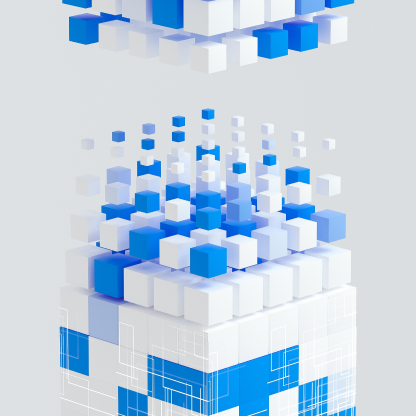MTRC can provide support with the development of both early and core value dossiers. Typically, a dossier is developed from either a global or European perspective.
The challenge that every innovative medical technology company faces, is communicating its value of medical technology to different stakeholders: why is this specific health care problem important (mortality, morbidity, impact on quality of life, cost-of-illness)? What are the current treatment options and what are their limitations? What is the size of the population with high unmet needs? What is the proposed novel solution? Is the treatment/diagnostic option safe and effective? What are the economic consequences to the hospital and health care system? What are the organizational requirements for the introduction of a novel method?
Historically, these questions were answered by separate publications in peer-reviewed journals and marketing materials. However, these publications are typically not comprehensive enough, lacking important information, and are too unstructured to support discussion with various stakeholders including clinicians, reimbursement authorities, and payers.
The modern answer to the challenge of summarizing and presenting the value of technology is the value dossier. A value dossier is a document of a certain structure that summarizes in a comprehensive and unbiased way, all value-related messages for medical technology. The document is also used as a source of information for any reimbursement-related activities: from supporting local business cases to applications to the national Health Technology Assessment (HTA).
- The early value dossier - a relatively short (twenty to twenty-five pages) document, based on a systematic but limited search with a focus on the key messages and data
- The core value dossier is a more comprehensive document (typically about 60 to a 100 pages plus supplements) that covers a larger number of topics
What is the typical content of the dossier?
Our approach takes into account EUnetHTA Core HTA model and the format of the typical reimbursement and HTA dossiers in Europe.
Burden of disease
Epidemiological analysis to present incidence, prevalence, high-risk groups, mortality, morbidity, impact on quality of life, and cost-of-illness. This section answers the question: why is this specific healthcare problem important?
Current treatment options and unmet need
Current treatment/diagnostic pathways, based on clinical guidelines and surveys of patients and physicians
Review of limitations of existing treatment methods
This section answers the questions: what are the current treatment options and what are their limitations?
Presentation of the technology
Technical presentation of the technology in scope, including composition, method of action, description of the procedure, and necessary requirements. This section gives a general overview of the technology
Clinical evidence
Evidence of the safety and efficacy of the technology, based on the systematic literature review. This section answers the question: is this technology safe and effective?
Economic outcomes
Analysis of the cost of the procedure and comparative treatments. Cost-effectiveness and budget impact analysis. This section answers the questions: what are the cost implications for this technology? Does it offer value for money? What is the economic impact of the introduction of this technology?
What is the difference between an early and full value dossier?
Early and full value dossiers follow the same principal structure and but there are some differences in the content and process of development.
Early value dossier
Number of sections is limited. The focus is on epidemiology, current treatment options and unmet clinical need, clinical and core economic evidence for a technology
The search is limited to Medline
Only key evidence is presented for each research question
For the clinical evidence for a target technology, the search covers all published research, but reporting is limited to key studies
The size is limited to between 20 and 25 pages
The cost is significantly lower compared to a full value dossier
Core (full) value dossier
All necessary sections are present, including organisational impact, size of the population, and patient pathways
The search is extended to Medline In-Process, EMBASE, Cochrane Library, and other sources for the target technology
For each research question, several key studies are presented (often offering insights from different locations)
Unlimited size (usually between 60 and a 100 pages)

Our timelines support your timelines
The value dossier is delivered timely to support your market access activities.
MTRC proposals typically specify a timeline of five to six months for the development of the full value dossier and up to four months for the early value dossier. In order to ensure that the work is completed according to industry standards, it is usually not possible to shorten timelines for the development of a value dossier.
Get in touch
Contact us to discuss your needs and learn about our services
